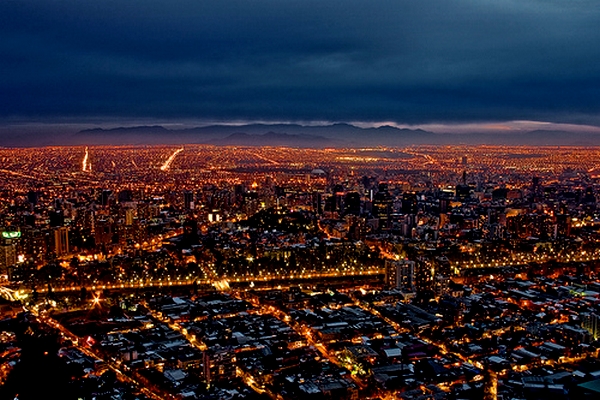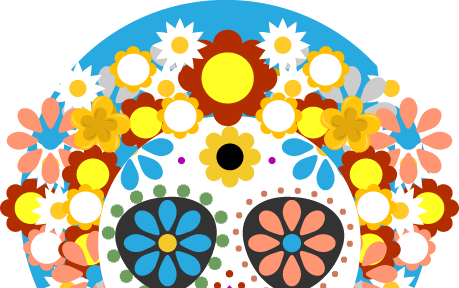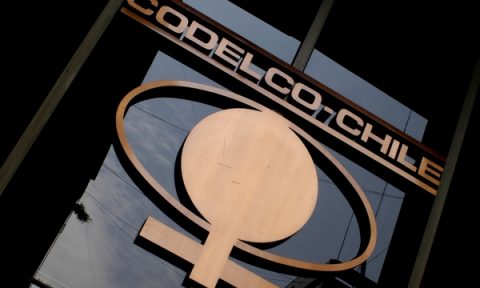Chileans consume 40% of energy compared to the OECD average

One of the objectives proposed by the Energy Agenda is saving 20% of energy consumption growth expected to 2025.
Of the 31 countries that make up the Organization for Economic Cooperation and Development (OECD), Chile is the least per capita energy consumption. Thus, each person takes 1,873 kg of oil equivalent compared to 4,490 from the countries of this organization, according to the latest figures available to 2012. This represents 40% of the average consumption in these countries and is similar level to what was Spain in 1986 and Japan in 1968.
However, and taking into account the difficulties faced by Chile in power generation, Energy Agenda sets the goal to encourage efficient use, setting a goal of saving 20% in 2025, given the expected growth in consumption by that date.
For that, it will seek to promote learning about the efficiency and instill such simple issues as a standard refrigerator for a Chilean family costs $ 240,000 if class A + +, and $ 220,000 on a Class B. But the first spends $ 19,000 less per year than the class B, so the higher price is paid in one year. This is one of many measures that seek to inform the public, assuming that is the sum of details generating considerable savings in energy.
Down 20%
The implementation of efficiency measures would save a total of 20,000 GWh / year, equivalent to an installed capacity of 2,000 MW coal-fired capacity. “The priority is that no energy is wasted,” says Ignacio Santelices, head of the Efficiency Division of the Ministry of Energy.
The Government will create an energy efficiency law that will include three areas: industry and mining; households, small industries and businesses; and the public sector. To implement models such as Japanese, which holds one-ninth of China’s energy use and is a leader in the field, precisely because being promoted as government policy measures since 1973. Were studied also look at the example of California, which is one of the most successful in the world in terms of achieving a decoupling between economic growth and energy consumption cases.
Still in Chile incorporating measures of good use of energy is weak, both in public and in private sectors. So in the ministry are developing national measurement and verification protocols that allow showing the benefits of efficiency because, inter alia, cushions the impact on prices.
As measures of short and medium term, will the parts 200 thousand lights, improvement projects of thermal conditions in health facilities, and will make a process of dialogue and participation for these implementations with a broad citizen agreement, indicate in ministry. “When talking about energy efficiency, we’re not talking about saving energy, but rather to make good use of what we have without affecting or improving service quality. That is, sometimes we will not spend less energy but spend the same, but to give better performance”, they said.
Source: El Mercurio











